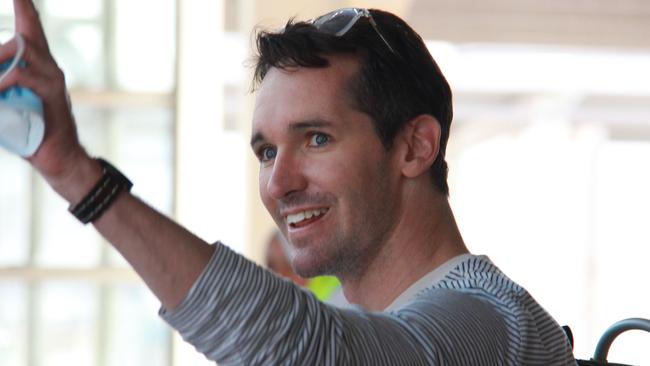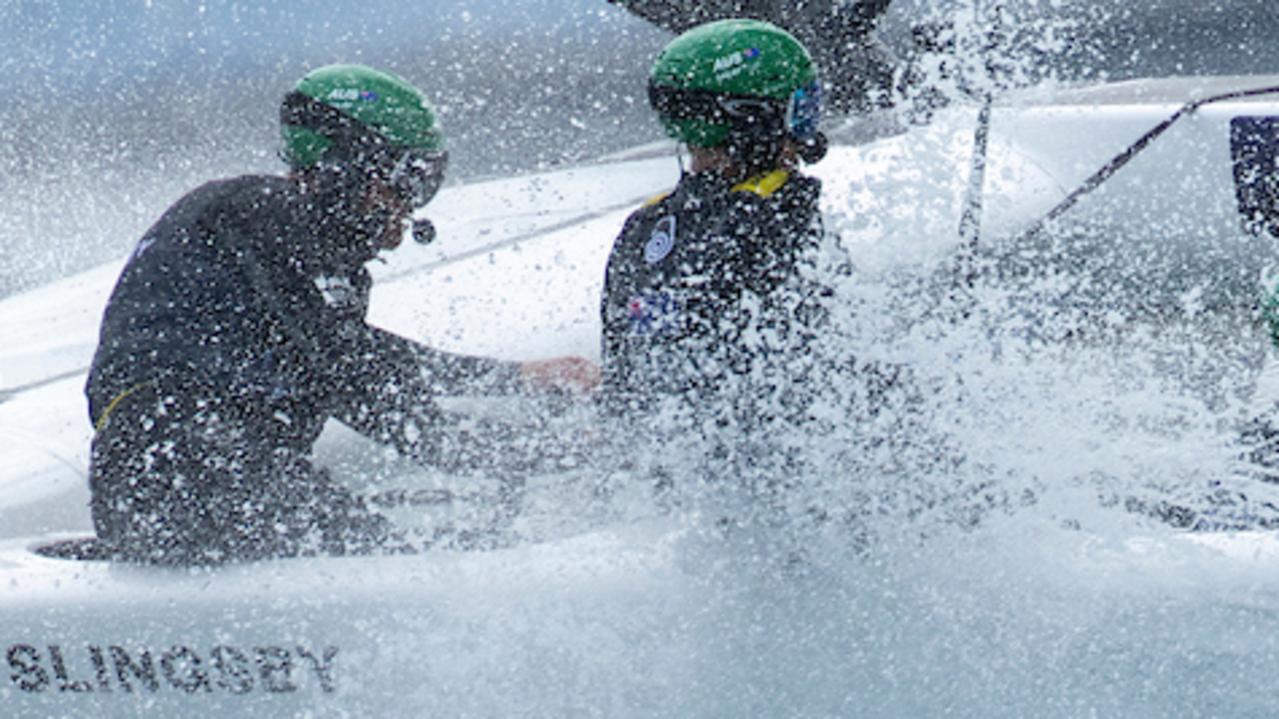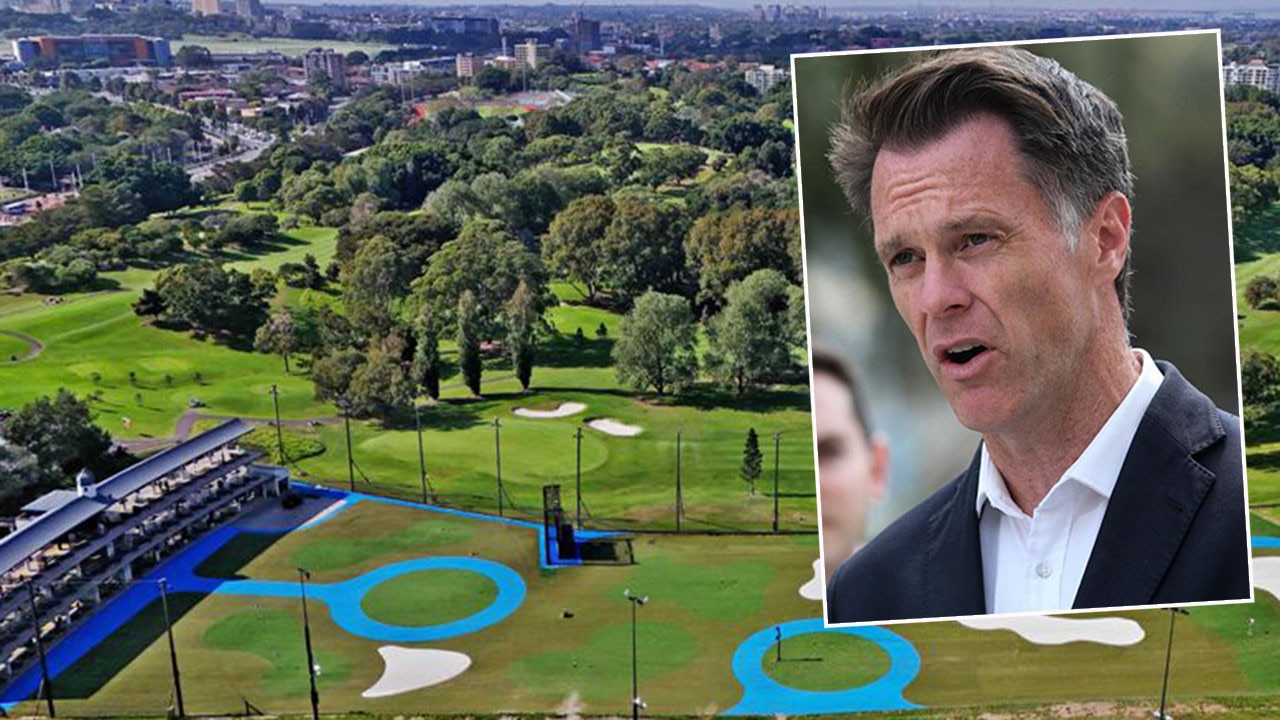Journalists land: Two correspondents arrive back in Australia
The federal government has helped two Australian journalists get out of China after fears for their safety amid questions by local police.

NSW
Don't miss out on the headlines from NSW. Followed categories will be added to My News.
Shock Cold War era tactics including late night police visits and sudden travel bans have forced the last remaining Australian journalists in China to return home amid safety fears.
Two foreign correspondents, the ABC’s Bill Birtles and the Australian Financial Review’s Mike Smith, were evacuated from Shanghai yesterday in an escalating diplomatic row that now means there are no journalists working for Australian media companies based in China.
Mr Birtles’ saga began last week when Australian diplomats advised him to leave China, but before he could do so he was visited by seven police officers who told him he was banned from leaving and was required for questioning over a “national security case”.

MORE NEWS
Victorian pair fined sneaking into NSW via taxi
How much you will pay with aged care income tax hike
Borders open by Christmas: Most states back new national laws
Mr Birtles then arranged to be taken to the Australian Embassy in Beijing, where he spent four days as diplomats negotiated a lifting of the travel ban if he spoke to Chinese authorities.
Mr Smith had a similar experience in Shanghai, and was subjected to questioning by Chinese authorities on Monday night.
Mr Smith’s father Peter said he had spoken to his son over the phone and he seemed to be in good spirits.
“We’re very happy to have him back,” he said.
China correspondent for The Australian, Will Glasgow, yesterday revealed he had cancelled his own trip to Guangzhou last Sunday on the advice from the federal government.
The Chinese government has also stopped renewing media credentials for journalists working for US media organisations and hinted it will expel reporters if there is any retaliation.

The Foreign Correspondents’ Club of China said in a statement it was “very alarmed” by the move to stop journalists renewing their credentials.
“These coercive practices have again turned accredited foreign journalists in China into pawns in a wider diplomatic conflict,” it said. At the height of the Cold War foreign correspondents reporting from enemy territory were “often suspected of plotting and spying”, according to Lund University researchers Sune Bechmann Pedersen and Marie Conqvist.
“Whether the suspicions were justified or not, they frequently resulted in the expulsion and in some cases the arrest of foreign correspondents,” a report co-authored by the pair said.
They found on “several occasions”, particularly early in the Cold War, disputes over foreign journalists “escalated into full-scale diplomatic crises”.
Foreign Minister Marise Payne confirmed the government had assisted the two journalists to leave China.
Originally published as Journalists land: Two correspondents arrive back in Australia



